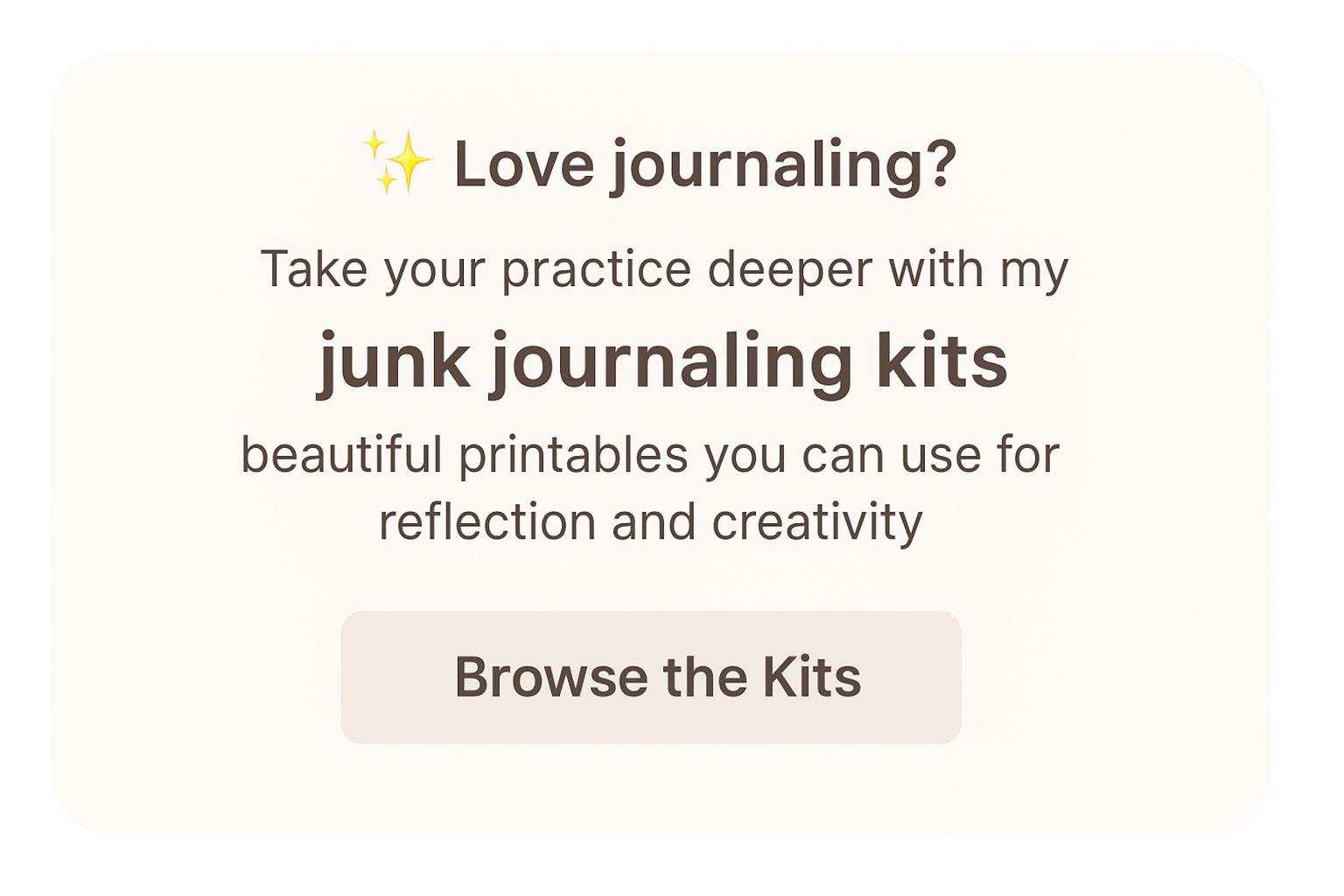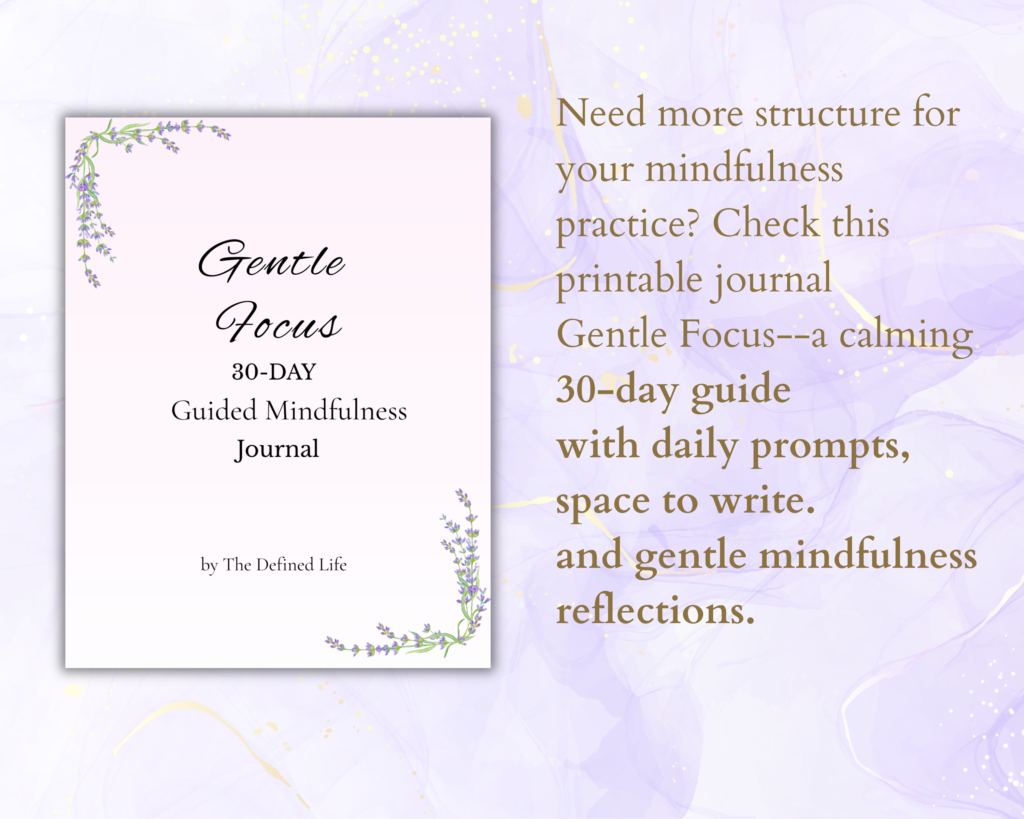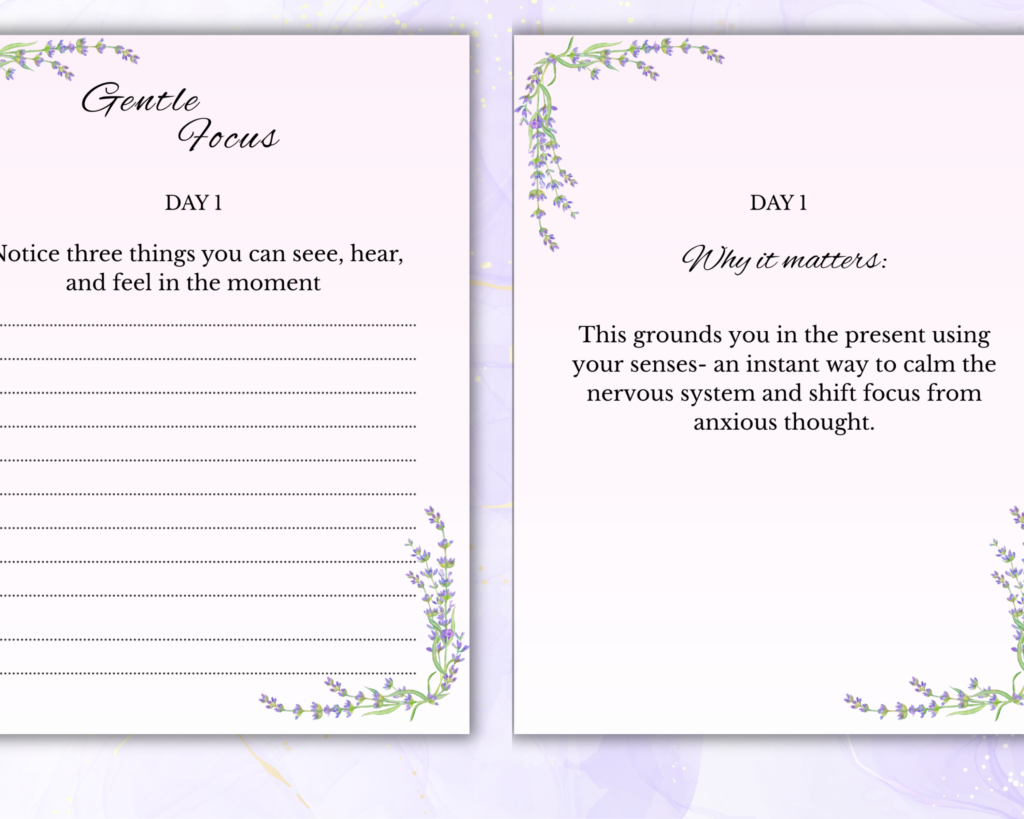
Do you ever want to journal but feel too tired to write? That was me for years. I had so many thoughts racing through my mind, but sitting down with a notebook felt impossible. Then I discovered audio journaling—and it completely changed the way I reflect, process emotions, and capture my ideas.
Some of the most honest things I’ve ever expressed weren’t written in my journal—they were spoken out loud, into my phone, in the middle of a busy day. That’s the magic of audio journaling: it lets you reflect in the moment, without the pressure of perfect words or neat pages.
For many people, this habit is not only convenient but also deeply healing.
Table of Contents
But First, What is Audio Journaling?
Audio journaling is the practice of recording your thoughts, feelings, and reflections as voice entries instead of writing them down. Each entry becomes a personal audio journal—like having a conversation with yourself.
It can be as simple as hitting record on your phone for five minutes a day, talking about:
- How you’re feeling
- What happened during your day
- A challenge you’re working through
- Reflections on your mental health or personal growth
Unlike traditional journaling, audio journaling captures the tone, emotion, and pauses in your voice, making it a more raw and authentic reflection of your inner world.

Benefits of Audio Journaling
Audio journaling can be a powerful tool for mental health, self-care, and growth. Here are some benefits:
1. Supports Mental Health
Speaking your feelings out loud helps release stress and reduce the mental clutter you carry around. It’s a private, judgment-free way to process emotions and improve your mental health.
2. Easier Than Writing
If you struggle with writing daily journal entries, an audio diary is quick and simple. You can record while walking, driving, or even lying in bed.
3. Captures Emotions More Clearly
Your voice carries tone, speed, and pauses that text can’t capture. Listening back to your recordings later can give you new insights into your emotional state.

4. Encourages Reflection
Recording entries creates a timeline of your thoughts and growth. Over time, you’ll notice patterns, habits, and changes that guide your personal development.
5. Builds a Mindful Habit
Setting aside a few minutes for audio journaling each day can become a grounding ritual—like a verbal check-in with yourself.
If you enjoy audio journaling, you might also love junk journaling. It’s another creative way to capture your thoughts—this time through paper, textures, and art. Junk journaling lets you combine writing, prompts, and creativity in one place. It’s perfect if you want a hands-on, relaxing activity that turns journaling into something you can actually see and touch.

How to Start Audio Journaling
Getting started is easier than you think. You don’t need fancy equipment—just your phone and a few quiet minutes. Think of it as talking to a trusted friend who never interrupts. Here’s a simple routine to guide you:
1. Choose Your Tool
- Most phones already have a built-in voice memo app—perfect for quick entries.
- If you want more options, try an audio journaling app with features like tagging, automatic transcriptions, or cloud storage.
2. Pick a Quiet Space
Find a spot where you can speak freely without distractions. It doesn’t have to be silent—just comfortable enough so you can focus on your thoughts.
3. Set a Time Limit
Start small with 5–10 minutes. What matters most is consistency, not length. Over time, you’ll find your natural rhythm.
4. Record Your Entry
Talk about your day, your feelings, or respond to a simple prompt. For example:
- What’s on my mind right now?
- What am I grateful for today?
- What stressed me out, and how did I handle it?
5. Reflect & (Optional) Save
You can listen back later to notice patterns in your thoughts, or simply keep your recordings as a private audio diary. Some people even like transcribing them into a written journal for extra reflection.

Audio Journaling Prompts to Try
Not sure what to say? Here are a few prompts to get you started:
- “Today I feel… because…”
- “One thing I’m proud of myself for is…”
- “A challenge I faced today was… and I handled it by…”
- “What do I need more of in my life right now?”
- “If I could give my younger self advice, I’d say…”
Prompts are just a guide—let your voice flow wherever it needs to.
✨ Want to take your reflection practice a step deeper?
My Gentle Focus Journal is a 30-day guided mindfulness journal designed to help you slow down, notice your thoughts, and bring more clarity into your day. Each prompt is simple but powerful—perfect if you want structure and support alongside your journaling (whether you write or record your entries).
👉 Check out Gentle Focus here and start building a calming, consistent journaling habit.


Recommended Apps for Audio Journaling
- Voice Memos (iPhone) / Recorder (Android) – Built-in, simple, and free. Great for quick daily entries.
- AudioDiary – Smart voice journaling app with tagging, transcription, and goal suggestions.
- Mind Alcove – More than audio journaling: track moods, join a community, and store reflections.
- Otter.ai – Accurate transcription and organization of voice notes. Great if you want written copies.
- Day One Journal – Encrypted, beautifully designed app that supports audio, photo, and video entries.
- Untold – Voice Journal – Encrypted, AI-powered voice journal that feels like talking to a friend.
- Google Keep – Flexible note-taking with voice recordings and instant transcription.
Final Thoughts on Audio Journaling
Audio journaling helps you capture your thoughts in the moment. Speaking out loud makes reflection easier, especially when writing feels overwhelming. Over time, your recordings become a personal timeline you can revisit to notice patterns, growth, and lessons learned.
Whenever you need to clear your mind, open your voice memo app and start talking. Even a few minutes can help you feel lighter and more grounded.
Love and light,








Leave a Reply